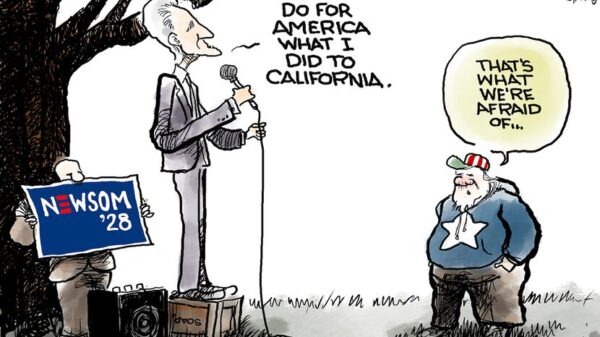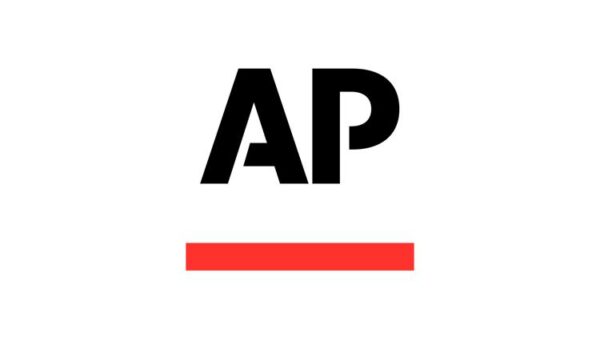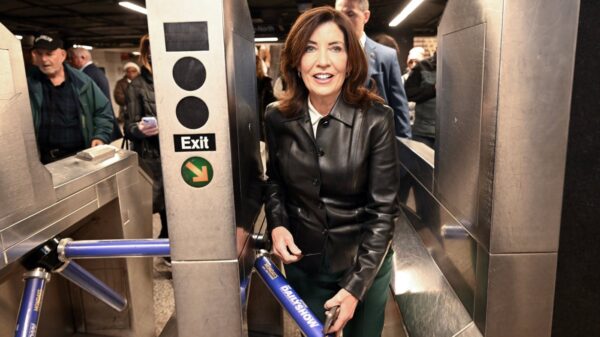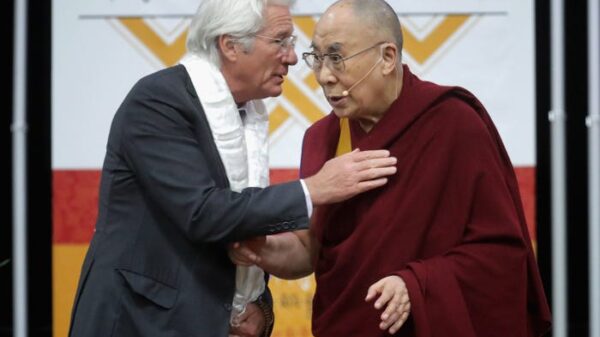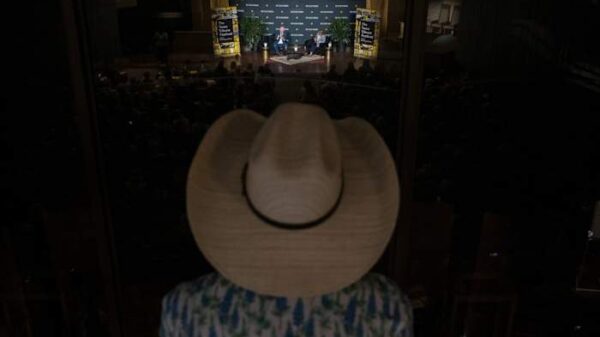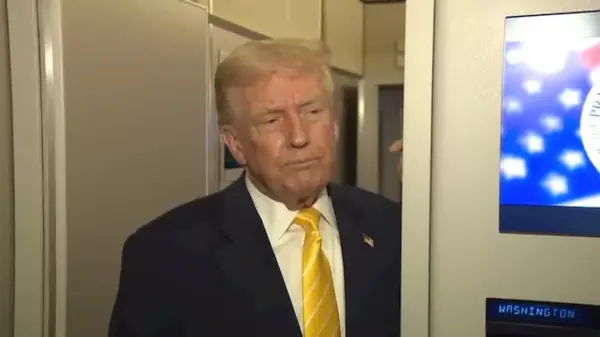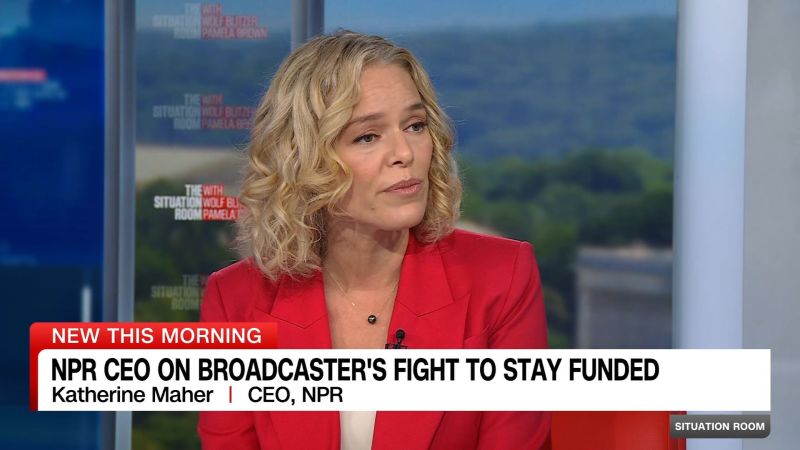Late on March 5, 2024, the United States Senate voted narrowly to advance discussions on a proposed package of budget cuts that could significantly impact public media funding. This decision, influenced by a request from former President Donald Trump, has raised concerns about the future viability of organizations like NPR.
In a recent appearance on “The Situation Room with Wolf Blitzer and Pamela Brown,” NPR’s CEO Katherine Maher expressed her apprehension regarding the potential consequences of these cuts. Maher noted that the Senate’s vote, which proceeded with a razor-thin margin, poses an existential threat to public media by jeopardizing its ability to serve communities across the nation.
The proposed cuts, which could amount to billions of dollars in reduced funding, have sparked a heated debate among lawmakers and advocacy groups. Proponents argue that reallocating funds could address other pressing budgetary needs, while critics warn that slashing public media funding would undermine access to essential news and educational resources.
Maher emphasized the importance of public media in fostering informed communities and maintaining a healthy democracy. “Public media is a vital resource for millions of Americans,” she stated, highlighting the critical role it plays in providing unbiased news coverage and diverse programming. With the Senate now poised to debate the proposal further, Maher urged citizens to advocate for the preservation of public media.
The impact of such cuts could extend beyond just NPR. Many local stations rely on federal funding to operate, and the loss of these resources could lead to significant layoffs and program cancellations. The potential for decreased accessibility to diverse viewpoints and information is a concern shared by many in the media landscape.
Public media advocates are mobilizing to counter the proposed cuts, emphasizing the need for public support and engagement. As the debate unfolds, the future of public media hangs in the balance, and stakeholders are closely watching the Senate’s next steps.
As discussions progress, Maher remains hopeful that public sentiment will sway lawmakers in favor of maintaining funding. “We believe in the power of public media,” Maher said, urging listeners to recognize its vital role in society.
In the coming weeks, the Senate’s deliberations on this budget package will likely continue to dominate headlines, with stakeholders from various sectors weighing in on the importance of public media funding. The outcome of this vote could reshape the landscape of public broadcasting in the United States for years to come.






